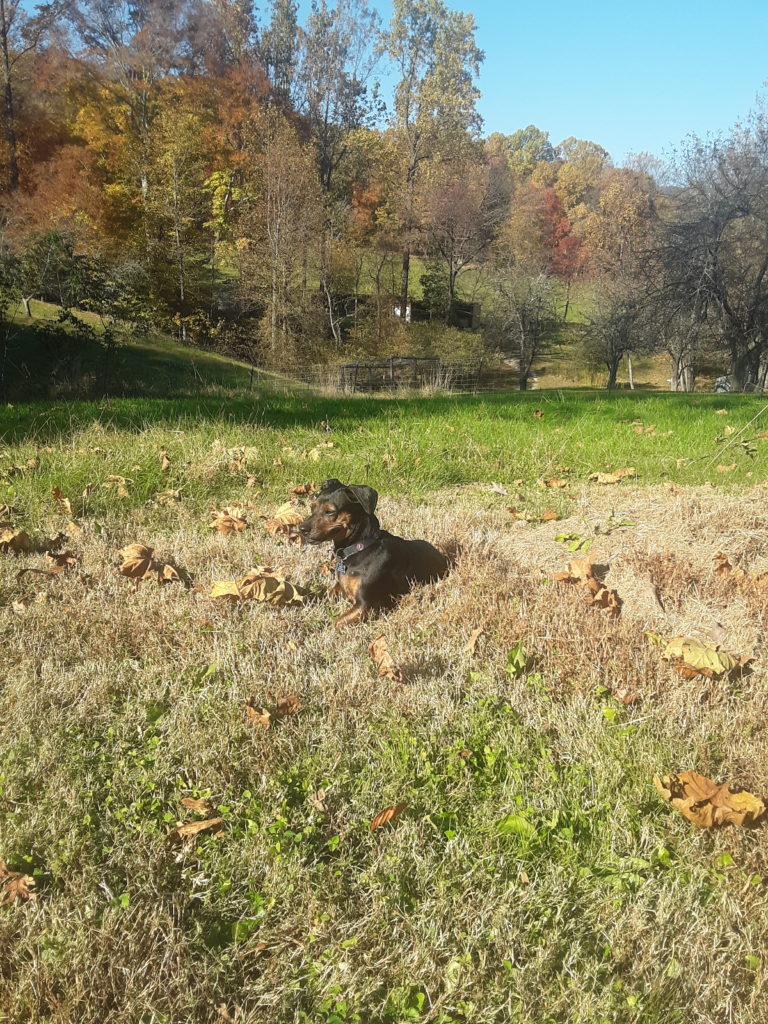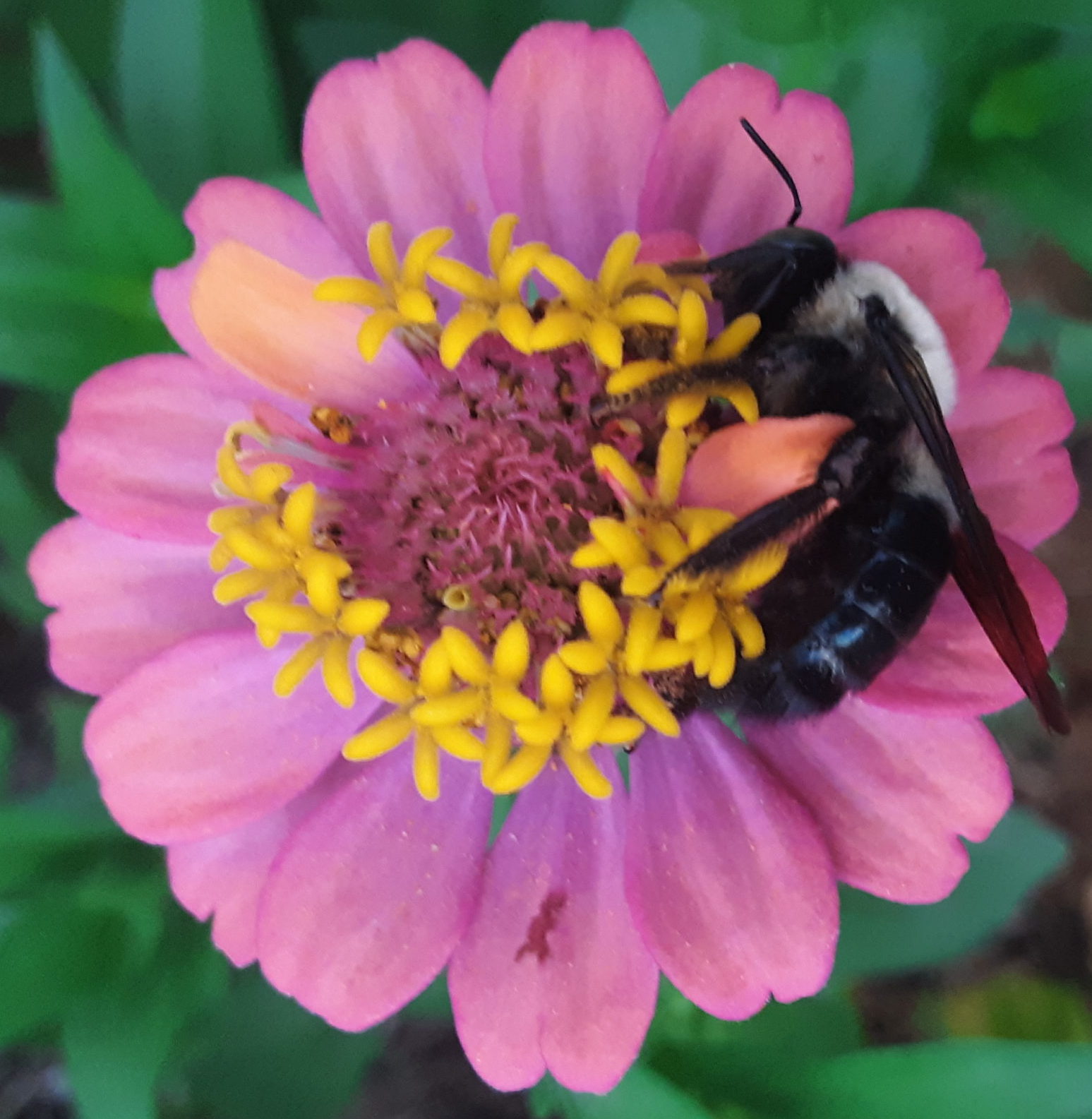
Hosting pets, livestock and wildlife animals in your garden
Hosting animals (pets, livestock or wildlife) brings joy to a garden. For the plants, animals and people, you can create a garden that welcomes all. The best part? The animals you invite will help you do it. Read on to find out how!
Chickens
Almost everyone agrees chickens are helpful in the garden because they eat bugs and they scratch soil, which helps mix up their deposits or manure.
They also lay eggs, so that’s helpful their eggshells are good in the garden because worms LOVE their eggshells in the compost.
Chicken manure is high in nitrogen, so it needs to be composted before it can be added to food crops (or it may be “burn” the leaves and roots of your plants). But the nitrogen in that manure is also valuable, in moderation.
Ducks and Guinea Fowl
eggs of ducks and guinea fowl are edible, and their manure is high in nitrogen but safe in the garden after composting. Guinea fowl don’t scratch as much in the garden, and they help patrol and reduce the tick population.
Ducks, with their webbed feet do not scratch as much as other birds in the garden and like to eat slugs. You may live where you have neither slugs or ticks. Or, if you are lucky like I am, you live where you have both.
Currently, I do not keep birds in my garden, but many wild birds visit. (Thank you, Cornell for your wonderful Merlin Bird Identification app: https://merlin.allaboutbirds.org/ ).
Pigs
Typically considered a must-have livestock last century, pigs eat tubers and some people eat them for pork. These days, many keep these very intelligent animals as pets. They root around and will dig up anything under the soil that you don’t want.
Goats
If you are someone that enjoys a challenge, then goats are for you: they will eat brush and anything else they imagine might be edible. Including clothes and stickers on your car. (you have been warned).
They are intelligent escape artists, so getting them just for their manure donations might not be worth it. For their milk, their grass cutting and entertainment purposes, goats are A+.
If you don’t have a lot of money for fencing, choose pygmy goats. They are not known for the Olympic hurdling abilities and clearing high fences the way their taller cousins can.
Rabbits
Aside from how ridiculously cute they are, rabbits make great pets because they are quiet and enjoy playing in smaller apartment or living outside. Their manure is less “hot” (less nitrogen) and they produce copious yet manageable “pellets”. You can even build innovative rabbit “tractors” (movable miniature pens with or without bottoms) that fit right over your raised beds.
Cows
These animals are not as voracious as goats., but cows will try to eat whatever they can reach. Therefore, please take care you have no plants poisonous to them in your pastures. Their manure is very valuable, as is their milk, and (to me) their ability to eat grass so you do not have to mow. Some people also eat cows.
Sheep
In addition to rabbits, sheep are the top animal that has the least “hot” manure. This means can use it on food crops sooner. Sheep produce much of the world’s milk (from which much cheese is made) and wool. They keep the grass down, but take care your pasture is free of plants poisonous to them.
Horses
The horse is a very prolific manure producer. They are beautiful and intuitive animals, and around the world many ride horses for recreation or in many different lines of work.
Their tail and mane hare is sometimes used in items like wigs and paintbrushes.
Like cows, they will eat your grass so make sure your pasture doesn’t contain any poisonous plants. Their manure can be used in the garden like every other animal I’ve mentioned.
With all of these animals except rabbits, you should compost or “age” the manure (let it sit in an out of the way pile a few months) before using it.
Worms
Keeping a worm bin is a fun project to do with younger children. Even older children like to you can have a worm bin in your kitchen. They will take care of a lot of your scraps and make a great manure or soil for house plants or potting soil for your containers. The liquid you drain from a worm bin (called “worm tea”) can be used as a fertilizer for your houseplants.
But how to set up a worm bin? So use the worm manure in house plants and container plants outside. But be careful about worms in the soil outside, as there is some controversy as to whether or not red worms, in particular are invasive.
Neither earthworms or redworms are native to North America, but they definitely will work the soil for you and if managed properly, they can be your best ally in soil improvement.
Bees
(Honeybees) are popular for their honey, royal jelly, and pollen. Their presence is responsible for much of what we eat in the United States, as roughly 80% of all flowering, fruit and vegetable crops people enjoy here are pollinated by honeybees.
Cats
Do not use cat poop in your garden! However, having them in your garden on occasion is good, because they will keep down on rodents such as mice, snakes, rats and rabbits there. Just make sure you put a bell on their collar to alert other wildlife of their presence. This is so they can get away, especially birds.
Dogs
Do not use dog manure in your garden. However, dogs will mark their territory and their scent, hair and “deposits” in your garden aid in keeping things like groundhogs, foxes away and larger predators away, in some cases as well as just being fun and lovable and good to be around. Regular pick-up, depending upon the size of your yard is still recommended.
Fish
Ponds with fish, or fish tanks in the house or outside have water that can be added to your house plants or any outdoor plants that you feel like need a little kick. I like to use them on my ferns, in particular.
Also, ponds are fun to build on even a hot day, and fish are just really fun and relaxing to watch.
Wildlife
And don’t forget to expand this concept by also planting things that attract birds and other wildlife. I encourage you to look into native plants. I have posted about this subject from time to time, but the more native plants you use, the more native wildlife you will attract.
The good thing is, there are so many wonderful fruits and nuts native to Virginia that humans AND wildlife eat, so you can plant a multi-purpose orchard for all to share. As a friend once told me, “if you don’t have things eating your plants, it’s because your yard may be a biological desert with nothing for the animals that naturally live there before you to eat”. Oof!
Remedy that, and plant more natives so you can enjoy more wildlife in your yard.
Hearing an owl, seeing fireflies and spying a nest full of bunnies or chirping baby wrens are all possible by cultivating a wildlife friendly yard, and infinitely more interesting than even a well photographed book or video about the same thing.
Okay. That’s about it. Enjoy having the animals in your garden!
